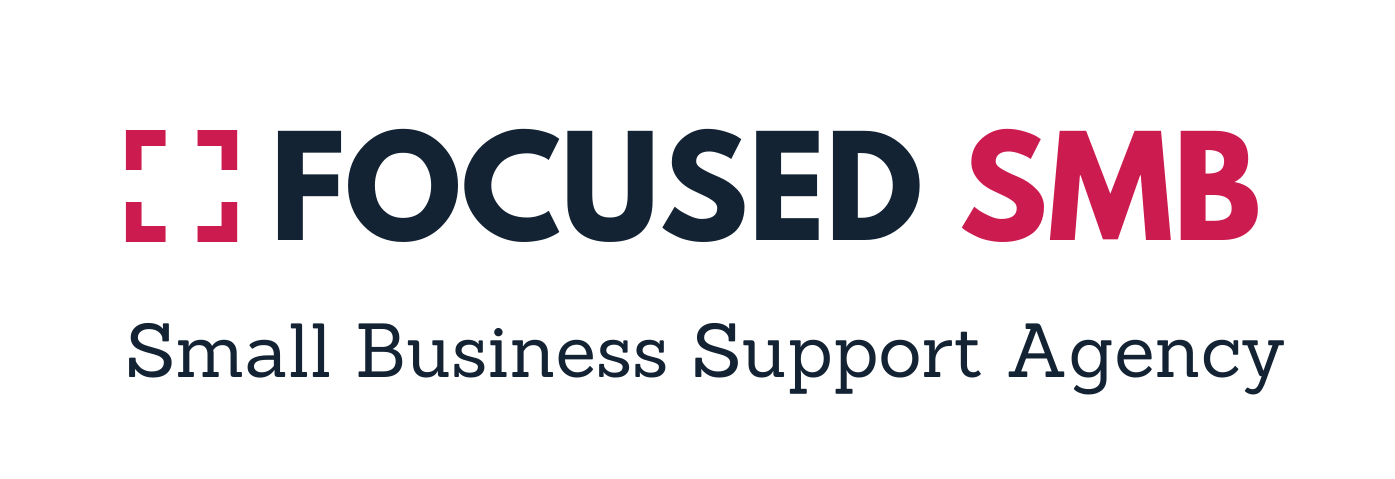A Guide to Effective Management of Technology Vendors for Churches
Effective Vendor Management
Technology has become a vital part of the daily operations of many churches, from online giving platforms to sound systems and streaming services. However, managing technology vendors can be overwhelming and time-consuming for church leaders who may not have extensive tech expertise. This article aims to provide guidance on how to effectively manage technology vendors in order to maximize success for your church's technological needs. By following these tips and tricks, you can streamline the vendor management process and ensure that your church is equipped with reliable and efficient technology solutions.
Identifying and Evaluating Potential Technology Vendors
One of the first steps in managing technology vendors for churches is to identify potential candidates. This can be done through research, referrals, and networking with other church leaders. It's important to evaluate each vendor based on their expertise, experience working with churches, and pricing options.
Once potential vendors have been identified, it's important to conduct thorough evaluations before making a decision. Evaluations should involve assessing the vendor's capabilities in relation to your specific technological needs as well as their level of customer service and responsiveness. Additionally, you may want to consider scheduling onsite demonstrations or asking for references from other church clients in order to get a better understanding of the vendor's reliability and effectiveness.
By taking these measures when identifying and evaluating technology vendors for your church, you can ensure that you are selecting partners who will help you achieve your technological goals while also providing reliable support throughout the implementation process and beyond.
Negotiating Contracts and Service Agreements
Negotiating contracts and service agreements with technology vendors can be a complex process, but it is crucial for ensuring that your church's technological needs are met effectively. It's important to set clear expectations from the start and negotiate terms that work for both parties. Key factors to consider when negotiating include pricing, warranties, support and maintenance, delivery timelines, payment schedules, cancellation policies, and dispute resolution processes.
To streamline the negotiation process and ensure success with your chosen vendor(s), communication is key. Maintain open lines of communication before and throughout the contract signing phase to clarify any doubts or questions that may arise. Also remember to document everything in writing so there are no misunderstandings or surprises later on down the line. By being strategic in negotiations while fostering good communication practices between you and your service providers/vendors you will see considerable benefits towards digitalizing various operational aspects of Church routine activities serving congregation more efficiently.
Establishing Communication and Maintenance Protocols
Establishing communication and maintenance protocols with technology vendors is crucial for the smooth running of your church's technological operations. It involves setting clear expectations and timelines, scheduling regular meetings to assess progress and address any issues that arise along the way. Communication channels should be open between your church leaders or IT team members and the vendor's support team.
Regular maintenance checks are necessary to ensure that all systems are working efficiently, reduce downtime, and prolong their lifespan. Vendors can provide proactive strategies such as preemptive monitoring tools to identify potential risks early on before they turn into critical problems. Maintaining an up-to-date inventory of all installed hardware and software ensures that you have a clear view of overall performance metrics, helps in making informed decisions about upgrades or replacements when needed, reducing unnecessary expenses in technology investments. By having proper communication and maintenance protocols established with your technology vendors, you can stay ahead of the curve, minimize disruptions from technical downtime for optimal results in meeting your church's business goals through technological solutions.
Measuring and Monitoring Vendor Performance
Measuring and monitoring vendor performance is essential when managing technology vendors for your church. One effective way to measure vendor performance is by setting KPIs (Key Performance Indicators) that align with the goals of your church. For instance, if you aim to improve online giving, you can set a KPI around donation numbers or conversion rates. By regularly reviewing these metrics, you can assess the effectiveness of the technology vendors in meeting your needs.
In addition to setting KPIs, it's equally important to monitor the behavior and communication of technology vendors closely. You should expect them to be responsive and accountable whenever issues arise concerning their service delivery. Establishing an open line of communication through phone calls, emails or project management tools enables timely resolution of problems before they escalate into bigger issues that could affect your operations.
Overall, measuring and monitoring vendor performance provides valuable insights into areas where improvement is necessary while ensuring accountability from vendors towards meeting agreed-upon expectations in delivering technological solutions that serve the best interests of churches’ congregations


